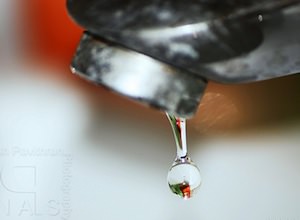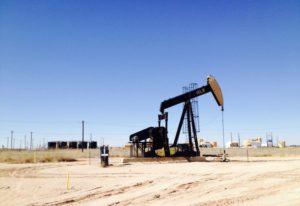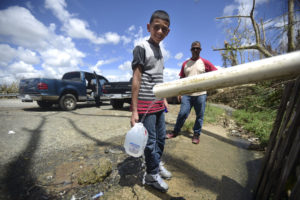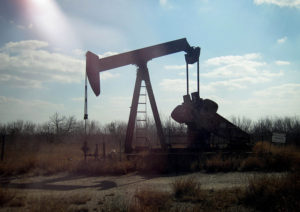West Virginia Residents Wait for Tap Water to Be Declared Safe
As hundreds of thousands of West Virginians faced a third day without drinking water due to a chemical spill in a local river, a crisis for which President Obama declared a federal emergency, a water company executive said Saturday that it could take days to determine whether the water is safe again.
As hundreds of thousands of West Virginians faced a third day without drinking water due to a chemical spill in a local river, a crisis for which President Obama declared a federal emergency, the president of West Virginia American Water said Saturday that it could take days to determine whether the water is safe again.
The New York Times reports:
A team from the Chemical Safety Board, an independent federal agency that investigates industrial chemical accidents, will arrive on Monday to begin looking into the spill, the board said on Saturday.
“Our goal is to find out what happened to allow a leak of such magnitude to occur and to ensure that the proper safeguards are in place to prevent a similar incident from occurring,” said Rafael Moure-Eraso, the chairman of the safety board.
At a news conference here on Saturday evening, officials said tests had begun to show concentrations of the chemical dropping below the one part per million threshold considered safe by the Centers for Disease Control and Prevention. The concentration must remain that low for 24 hours before the water system can be flushed out and the do-not-use ban can be lifted. Officials said they planned to conduct at least 100 additional tests of samples overnight and on Sunday.
State officials said at least 122 people went to local hospitals and reported nausea and vomiting. Five people were admitted to two facilities.
The Times continues:
About 7,500 gallons of chemical was spilled into the river, about 2,500 more than previously estimated, said Mr. Dorsey, the state environmental official.
… State officials said the chemical 4-methylcyclohexane methanol, or MCHM, used in coal processing, seeped from the ruptured storage tank on Thursday into the Elk River, just upstream from the intake pipes for the regional water company. Exposure to the chemical, which smells like licorice, can cause headaches, eye and skin irritation and difficulty breathing, according to the American Conference of Governmental Industrial Hygienists.
— Posted by Alexander Reed Kelly.
Your support matters…Independent journalism is under threat and overshadowed by heavily funded mainstream media.
You can help level the playing field. Become a member.
Your tax-deductible contribution keeps us digging beneath the headlines to give you thought-provoking, investigative reporting and analysis that unearths what's really happening- without compromise.
Give today to support our courageous, independent journalists.






You need to be a supporter to comment.
There are currently no responses to this article.
Be the first to respond.